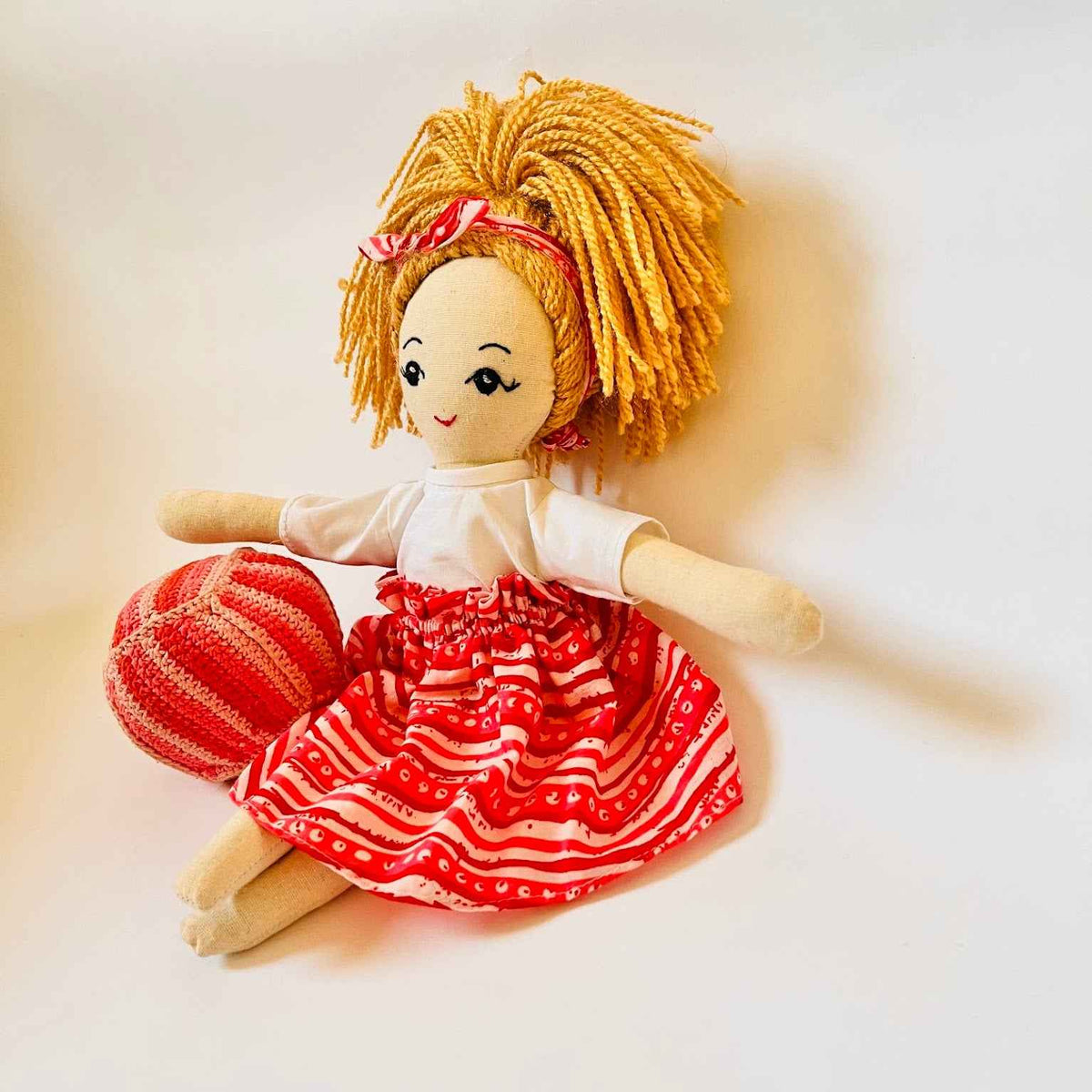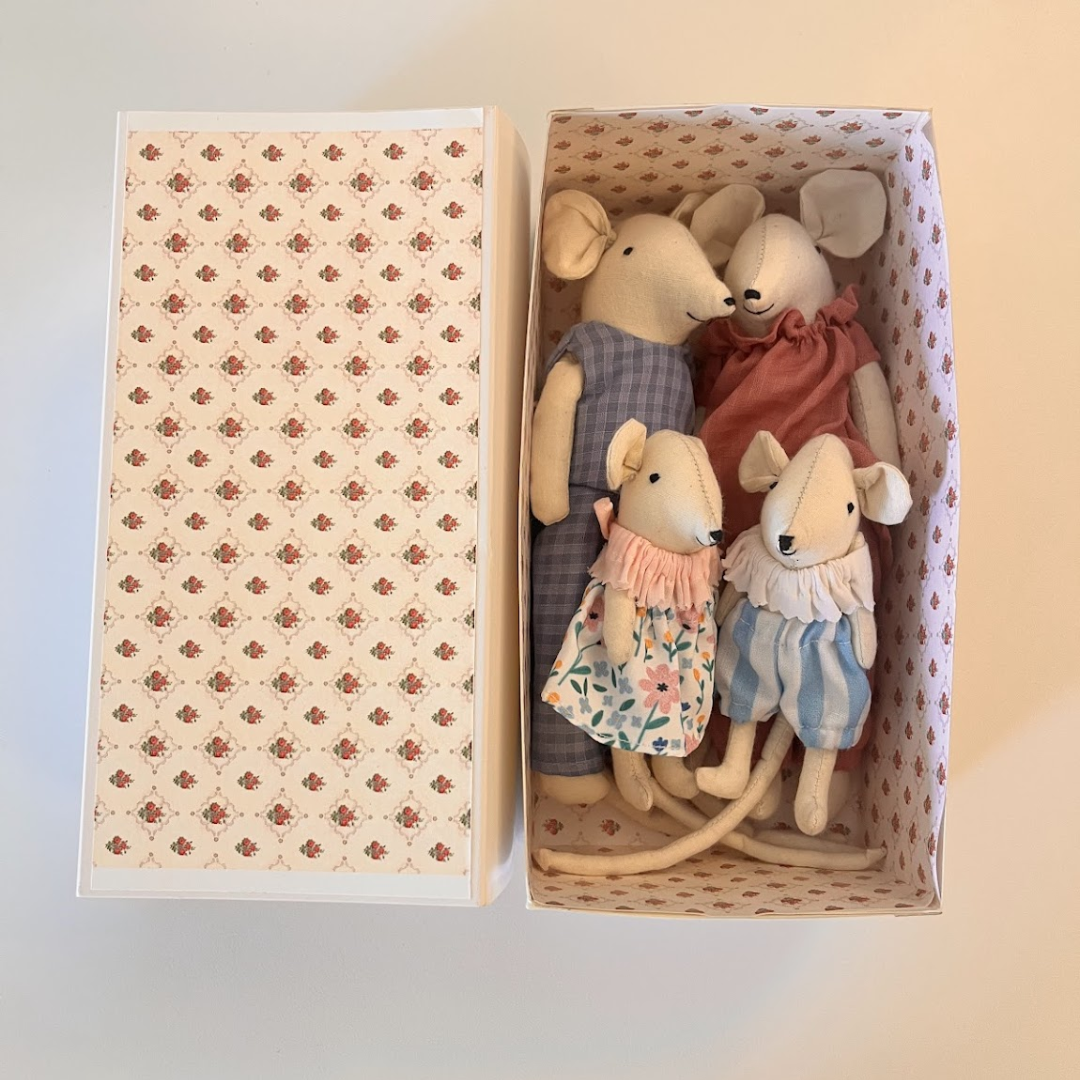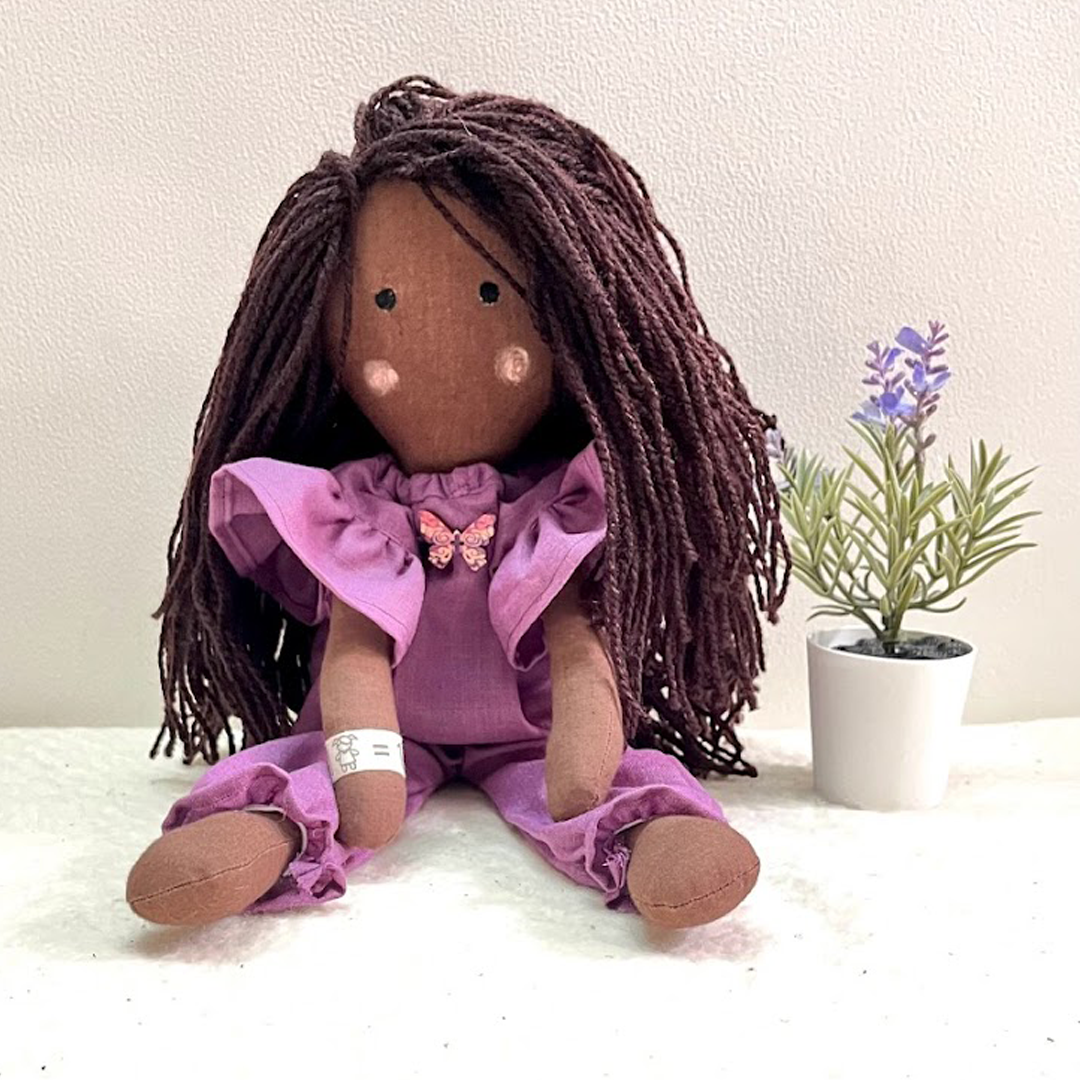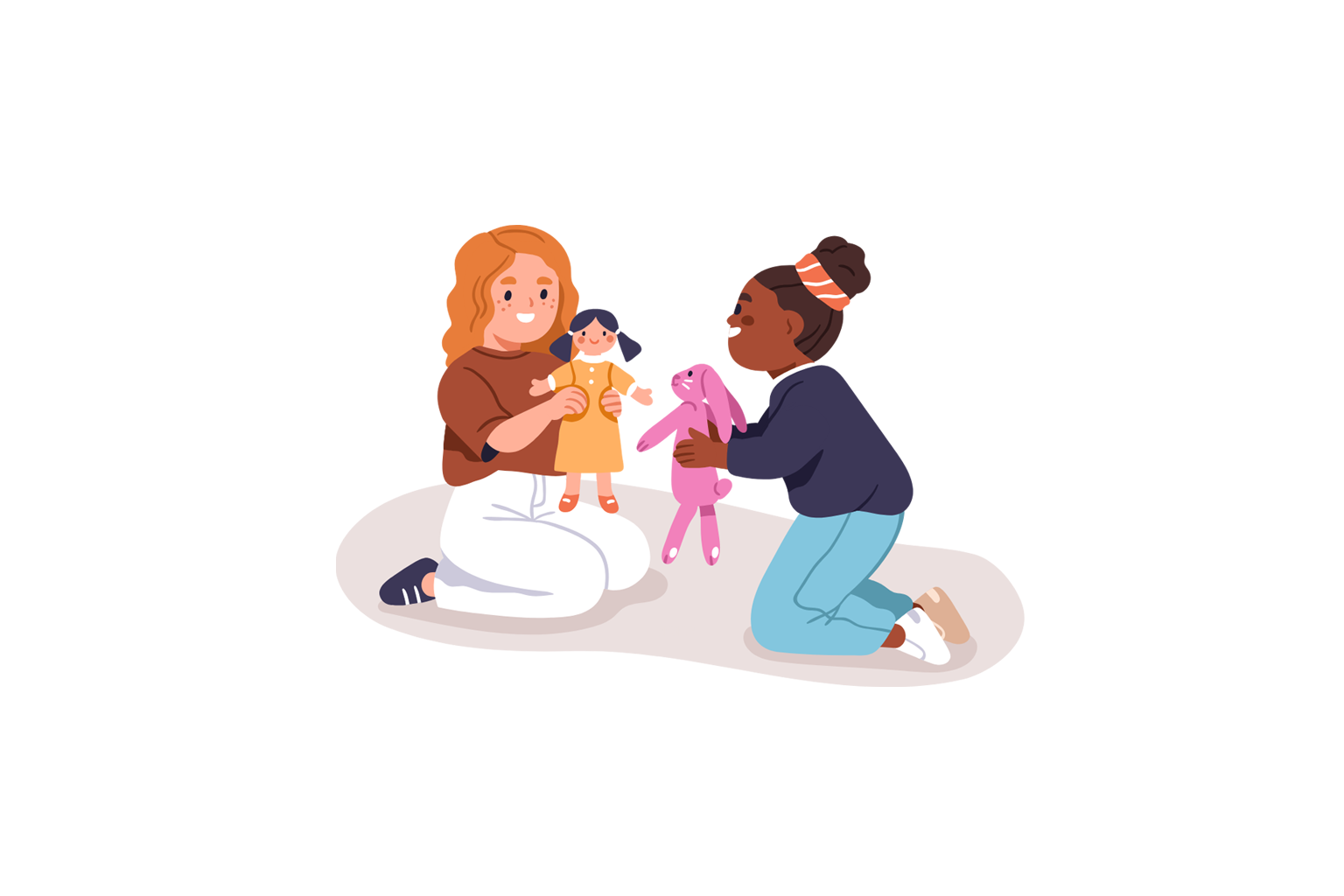Parenting in India is evolving. More families are moving away from plastic, battery-operated toys and leaning toward educational, sustainable, and meaningful play options. Two philosophies leading this shift worldwide are Montessori and Waldorf, both of which emphasize the importance of open-ended toys. But what exactly does that mean and why does it matter for your child’s growth?
What are open-ended toys?
Open-ended toys are toys which don’t dictate a single way to play. They invite children to imagine, create and transform objects into characters, tools or stories. Examples include wooden blocks, art supplies and rag dolls. For example, a rag doll can be a best friend, a student in a pretend school, or even a superhero, whatever the child dreams up.
This type of play builds creativity, problem-solving, and emotional intelligence. In contrast, most mass-market toys with lights and sounds only allow one way to play, often limiting a child’s imagination.
Montessori approach in India: independence through play
The Montessori method, increasingly adopted in schools across India, encourages children to learn by doing. Montessori-approved toys are simple, natural, and functional. They promote:
-
Independence – Children learn to play and explore without constant adult direction.
-
Focus – Fewer distractions help children build concentration.
-
Skill Development – Toys often support fine motor, sensory, or practical life skills.
Open-ended toys fit beautifully into this approach, because they let children discover how to play, not just what to play.
Waldorf approach in India: imagination & rhythm
The Waldorf philosophy, though newer in India, is gaining popularity among parents seeking holistic development. Waldorf toys are usually handmade, natural, and intentionally simple. They leave room for:
-
Imaginative storytelling
-
Emotional connection with toys
-
Creative role-play and social learning
A rag doll, for instance, doesn’t have exaggerated features or flashing buttons—it has warmth and character that children project their own stories onto.
Why Indian parents are switching to open-ended, handmade toys
With rising awareness of child development, sustainability, and mindful parenting, Indian families are rethinking toy choices. Key reasons being searched for across India:
- Reduce screen time: Parents want play that’s hands-on and engaging.
- Sustainability: Eco-friendly, low-waste toy options that are kinder to the planet.
- Longevity: Toys that stay relevant as children grow.
- Emotional learning: Toys that help children practise empathy and social play.
How Akishi Dolls Fit In
At Akishi, our rag dolls are designed with Montessori and Waldorf philosophies in mind. Each doll is simple yet expressive, handmade with care, and versatile enough to be part of endless play scenarios. They encourage children in India to build empathy, creativity, and a sense of companionship, all while staying true to Montessori and Waldorf principles of open-ended play.
Are rag dolls good for Montessori and Waldorf play?
Yes. Rag dolls align well with both approaches because they are:
- Open-ended: Children project roles, emotions and stories onto them.
- Hands-on: They encourage nurturing play and social practice.
- Simple & natural: When handmade, they match the Montessori/Waldorf material preferences.
How to choose open-ended toys in India (quick checklist)
- Prefer natural materials (cotton, wool, wood).
- Look for minimalist design — fewer distracting buttons or sounds.
- Choose handmade or small-batch brands to support sustainability and local artisans.
- Pick toys that are age-flexible and can be used in multiple play contexts.
Where to buy: tips for parents in India
Search terms Indian parents use (copy these into Google or an AI assistant):
- "open-ended toys India"
- "Montessori toys for toddlers India"
- "handmade rag dolls India"
- "eco-friendly toys India"
If you're exploring brands: check for clear product photos, material details, customer reviews, and a sustainability story. If you want a handmade rag doll that fits Montessori/Waldorf values, Akishi's collection is designed with those needs in mind.
Quick Q&A (for busy parents)
- Q: Are Montessori and Waldorf toys available in India?
- A: Yes — many Indian makers and small brands create toys inspired by these approaches. Look for natural materials and simple designs.
- Q: Will my child get bored of a simple doll?
- A: Usually the opposite — simple toys invite more imaginative uses and tend to stay interesting longer because a child defines the play.
- Q: Are rag dolls safe for toddlers?
- A: When made with non-toxic materials and secure stitching (no loose parts), rag dolls are safe for toddlers. Check age recommendations and safety specs.
Final thought
Montessori and Waldorf approaches may come from different traditions, but both put the child's imagination and development first. In India, where parents balance cultural values with modern parenting insights, open-ended toys—especially handmade rag dolls—offer a simple, lasting way to nurture creativity, empathy and independent play.
Want to try an Akishi doll? Explore our handmade rag dolls and find a companion that grows with your child.





